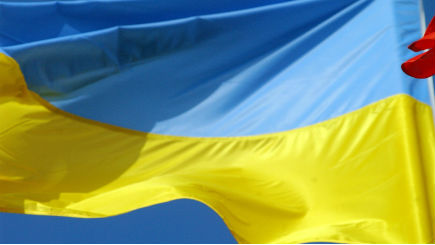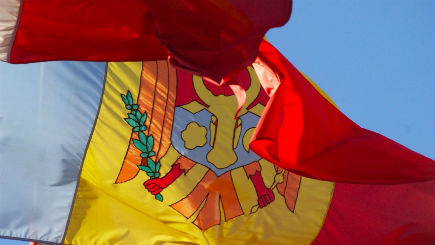Public Service Media

The Council of Europe recognises the important role of public service media in upholding the fundamental right to freedom of expression and information, in accordance with Article 10 of the European Convention on Human Rights, enabling people to seek and receive information, and promoting the values of democracy, diversity and social cohesion.
By virtue of their remit, public service media are an important public source of unbiased information and diverse political opinions. They are particularly suited to foster pluralism and awareness of diverse opinions, notably by providing different groups in society with an opportunity to receive and impart information, to express themselves and to exchange ideas. They can contribute greatly to the promotion of social cohesion, cultural diversity and pluralist communication accessible to everyone.
In exercising their role, public service media face a number of challenges, such as securing the right level of independence from those holding economic and political power, securing appropriate funding, adapting to the digital age and maintaining high editorial standards in a competitive market.
In exercising their role, public service media face a number of challenges, such as securing the right level of independence from those holding economic and political power, securing appropriate funding, adapting to the digital age and maintaining high editorial standards in a competitive market.
In his report “State of Democracy, Human Rights and the Rule of Law”, the Secretary General of the Council of Europe stresses that: “The year 2016 witnessed interference of governments in the appointment and dismissal procedures of members of public-service media boards.”
In January 2017 the Parliamentary Assembly of the Council of Europe examined a Report on attacks against journalists and media freedom in Europe. Noting that the situation of public service broadcasting is difficult in several member states, the Assembly recalled that the independence of PSM from governments has to be ensured through law and practice. It further stated that governments and parliaments must not interfere in the daily management and editorial work of such broadcasters, which should establish in-house codes of conduct for journalistic work and editorial independence from political sides.
An emerging trend of threats to the independence of public broadcasters is revealed by the Platform for the Protection of Journalism and Safety of Journalists launched by the Council of Europe in April 2015. A growing number of alerts concern political interference in the editorial line of public broadcasters, insufficient safeguards in the legislation against political bias, or the lack of appropriate funding.
Over the past decade, the Council of Europe Cooperation Programme has been implemented through 20 projects in member states and partner countries promoting media freedom, including independence and efficiency of public service media.
The project is aimed at consolidating public broadcasting system in Ukraine, strengthening the institutional capacity of the public broadcaster’s Supervisory Board, enabling the production of higher-quality programming, developing a model of regional public broadcaster etc.
The Project focuses on ensuring the functioning of the public service broadcasters supervisory bodies, improving their editorial policies and the existing TV and radio programs and setting up a Training Centre at Teleradio-Moldova.
Other normative documents adopted by the Committee of Ministers or the Parliamentary Assembly of the Council of Europe promote specific aspects relevant to public service media such as:
Recommendation on media and the promotion of a culture of tolerance (1997)
Recommendation on hate speech (1997)
Recommendation on the remit of public service media in the information society (2007)
Recommendation on media pluralism and diversity of media content (2007)
Resolution on indicators for media in a democracy (2008)
Recommendation on the funding of public service broadcasting (2009)

"Everyone has the right to freedom of expression"
Art. 10 European Convention on Human Rights





